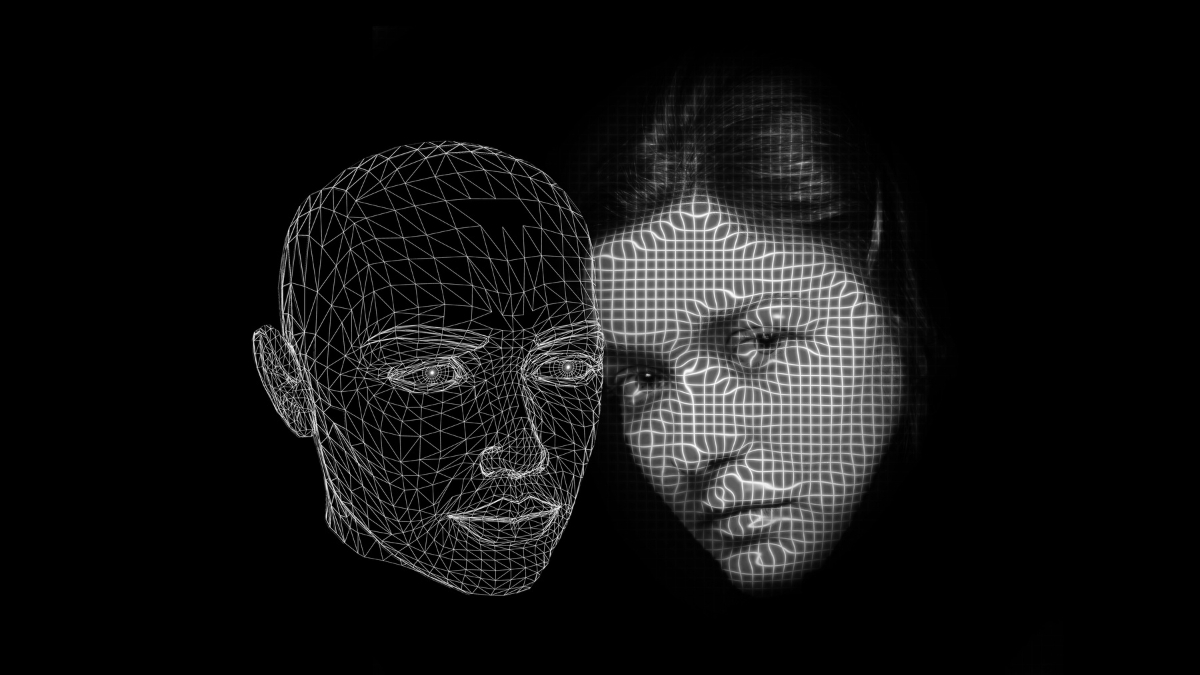What is hypnosis in psychology? Unraveling the intricacies of the human mind has been a pursuit that has fascinated experts for centuries. One fascinating aspect of psychology that continues to captivate both scientists and the general public is hypnosis.
Also Read: Is Hypnosis Safe?
In this article, we will delve into the depths of this phenomenon, shedding light on what hypnosis is, how it works, and its potential benefits.
What Is Hypnosis in Psychology in Short?

Hypnosis in psychology is a state of focused attention and enhanced suggestibility, where an individual is more open to accepting and acting upon suggestions.
It involves the use of relaxation techniques to induce a trance-like state, allowing the person to access their subconscious mind and potentially make positive changes in thoughts, feelings, and behaviors.
Understanding the Basics: What is Hypnosis?
Defining Hypnosis: An Introduction to the Concept
Hypnosis refers to a state of altered consciousness in which an individual experiences heightened focus and concentration, allowing them to become more open to suggestions. It is a naturally occurring state that can be induced by a trained professional or experienced spontaneously.
History of Hypnosis: From Ancient Times to Modern Day
The practice of hypnosis has roots in ancient civilizations, with evidence of its use found in ancient Egyptian, Chinese, and Greek texts. In more recent history, figures like Franz Mesmer and Milton H. Erickson played pivotal roles in shaping our understanding and use of hypnosis.
The Role of Suggestion and Deep Relaxation in Hypnosis
Suggestion plays a key role in hypnosis, as the hypnotist provides verbal or non-verbal cues to the individual in a state of hypnosis, influencing their thoughts, feelings, and behaviors. Deep relaxation techniques are often employed to slow down mental processes, making individuals more receptive to suggestion.
How Hypnosis Works: The Mechanisms Behind the Phenomenon
The Power of the Subconscious Mind
Hypnosis taps into the power of the subconscious mind, which governs automatic behaviors and involuntary bodily processes. By accessing the subconscious, hypnosis aims to create positive changes in thoughts, emotions, and behaviors.
The Hypnotic Trance: Exploring Altered States of Consciousness
During a hypnotic trance, individuals experience a deep state of relaxation, often described as a heightened sense of focus and concentration. While in this state, they may become more suggestible and open to cultivating new perspectives and habits.
Hypnotic Induction Techniques: From Traditional to Modern Approaches
There are several techniques used to induce hypnosis, ranging from traditional methods such as eye fixation and progressive muscle relaxation to more modern techniques like guided imagery and neuro-linguistic programming (NLP).
Exploring the Applications of Hypnosis in Psychology
Hypnotherapy: A Therapeutic Approach Harnessing the Power of the Mind
Hypnotherapy is a form of psychotherapy that utilizes hypnosis as a tool to address a variety of mental and emotional challenges. It can be effective in treating conditions such as anxiety disorders, phobias, chronic pain, and addiction.
Unveiling the Secrets of Specific Phobias Through Hypnosis
Hypnosis can be an effective treatment option for specific phobias by helping individuals confront and overcome their fears in a controlled and safe environment. By accessing the subconscious mind, new associations and perspectives can be established, leading to a reduction in fear responses.
Utilizing Hypnosis in Overcoming Addictions and Bad Habits
Hypnosis can facilitate behavioral change by targeting the underlying motivations and triggers that contribute to addiction or unwanted behaviors. It can aid individuals in breaking free from patterns of substance abuse, smoking, overeating, and other repetitive behaviors.
Debunking Myths and Addressing Concerns About Hypnosis
Hypnosis vs. Mind Control: Separating Fact from Fiction
Contrary to popular belief, hypnosis does not involve mind control or manipulation. In a hypnotic state, individuals maintain their free will and autonomy, and they are not compelled to do anything against their morals or values.
Potential Risks and Side Effects: Dispelling Misconceptions
When practiced by trained professionals, hypnosis is considered safe and rarely leads to adverse effects. However, individuals with certain mental health conditions, such as dissociative disorders, may need to exercise caution when considering hypnosis as a therapeutic approach.
Ethical Considerations in the Practice of Hypnosis
Hypnotherapy practitioners adhere to ethical guidelines to ensure client safety and confidentiality. These guidelines emphasize informed consent, respecting personal boundaries, and maintaining professional competence.
The Future of Hypnosis in Psychology
Research Advances: Exploring the Uncharted Territory
Ongoing research in the field of neuroscience and psychology continues to shed light on the mechanisms and potential applications of hypnosis. Future studies may uncover new insights into its efficacy and further refine therapeutic techniques.
Integrating Hypnosis with Other Psychological Treatments
Hypnosis can complement and enhance other psychological treatments, such as cognitive-behavioral therapy (CBT) and mindfulness-based interventions. By incorporating hypnosis, therapists can amplify the effectiveness of these therapies.
Potential Limitations and Areas for Further Exploration
While hypnosis has shown promise across various domains, it is important to acknowledge its limitations and the need for further empirical research. Understanding individual differences in responsiveness to hypnosis and refining its applications are areas that warrant continued investigation.
Conclusion
What is hypnosis in psychology? As we conclude our exploration of hypnosis in psychology, it is clear that this enigmatic phenomenon holds immense potential for understanding and improving our mental well-being.
By harnessing the power of the subconscious mind, hypnosis offers a window into the secrets of our thoughts, feelings, and behaviors. As further research is undertaken and more applications are discovered, the future of hypnosis in psychology promises to be both exciting and transformative.
We appreciate your time in reading what is hypnosis in psychology? If you have any questions or concerns, please don’t hesitate to reach out to us through our contact form. We are always here to assist you and value your feedback. Thank you once again for your support, and we eagerly await your response.
